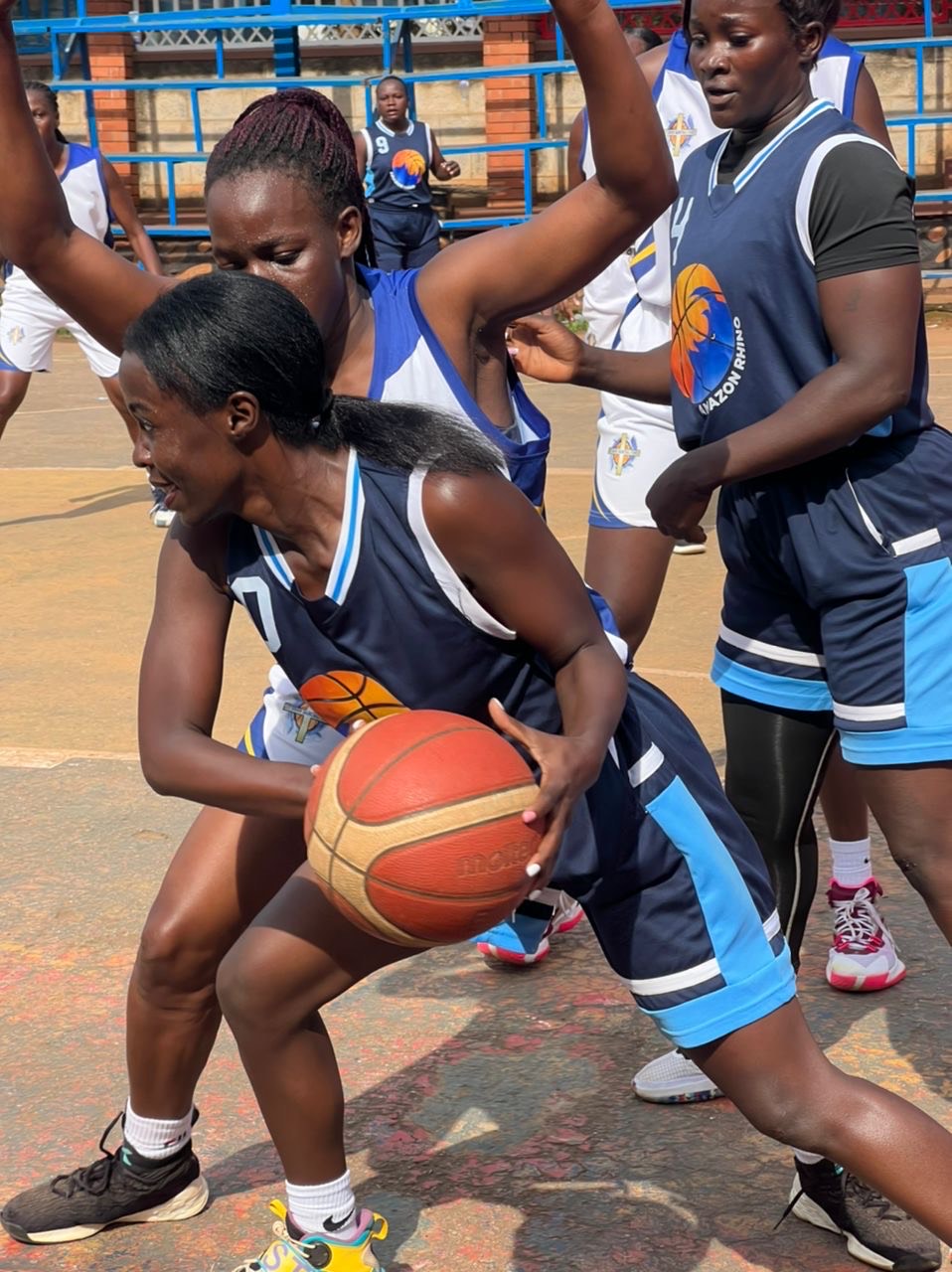One day, we are young, pushing our fingers into our noses and then into our mouths. We are busy pushing tires on the streets filled with cow dung for friction against the pushing sticks. Crying over spilled milk (literally) and asking innocent questions like, “Where did I come from?” For those whose parents were bold enough, they were told, “Mummy and daddy slept together,” while others, like me, I was told, “We picked you from a trash barrel.”
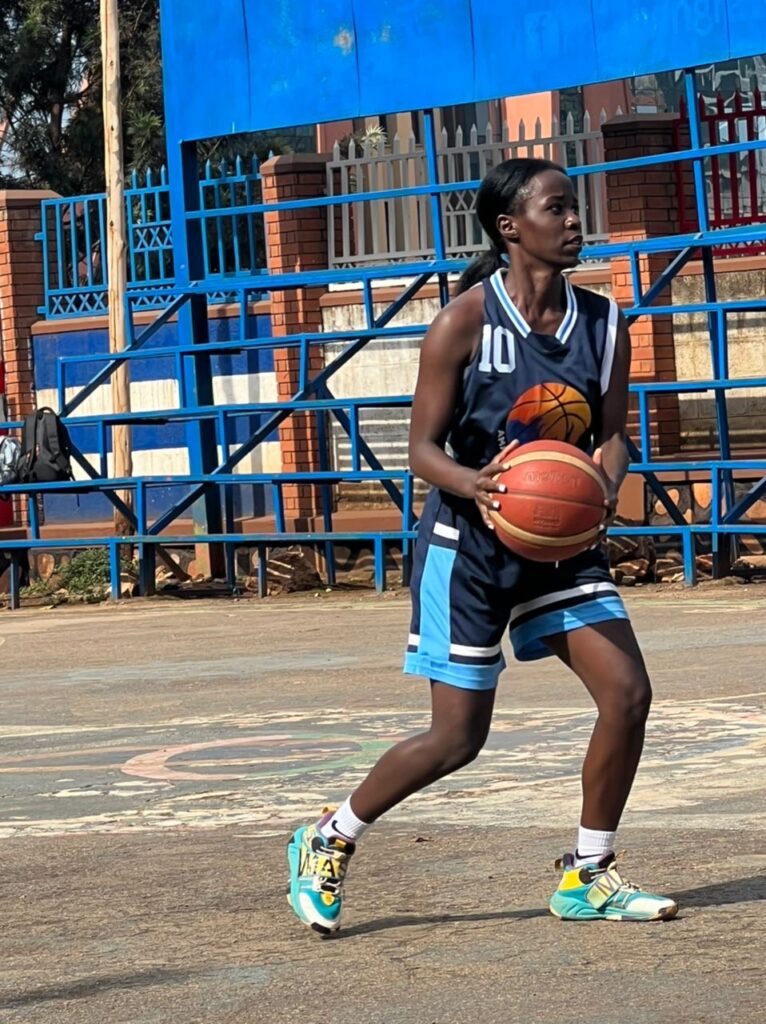
In those ages, we have no fear, no worries, or doubts, and everything seems possible. But that innocence doesn’t last. We soon morph into judgmental “little devils” conditioned by our families or the people around us. And some, reality starts to kick in, especially with topics like reproduction, sickness, and death. I recall how curious we were about what mummy and daddy did when they shut the door. In boarding school, as young as seven years of age, we converged to debating about where we came from. Our curiosity would spiral to things like “emigini” (there was a famous story in Kabale that women from “underground” to mean hell, used to lure kids and take them for sacrifices), HIV/AIDS, and what we feared the most – death.
In all these discussions, everything absurd seemed alienated to us, and we all had the thought, “It can never be me,” lingering at the back of our minds. When a classmate lost a parent, we all looked at them through the lens of “so unfortunate that death chose their home.” And whenever we heard rumors that someone had HIV/AIDS, we feared for them, “death will soon come for them.”
And as humans, we have a tendency to think that the worst happens to other people and never to us. It’s human to think so. Earlier this year, when I was diagnosed with a blood clot, I suddenly felt like death had knocked at my door. The stories I saw from a distance, illnesses, loss, and struggle, didn’t belong to others; they came for me too!
As we grow older, we start to realize that the statement, “It can never be me,” is a lie we tell to ourselves to feel like we are in control, even when we know that we are not.
Think of cancer, often, unless it hits home, maybe a close family member or friend gets it, and we are faced with the gruesome truth of sleeping seated by their bedside and hoping that each drip that runs through their veins during chemotherapy may be the miracle healer – we view it from afar.
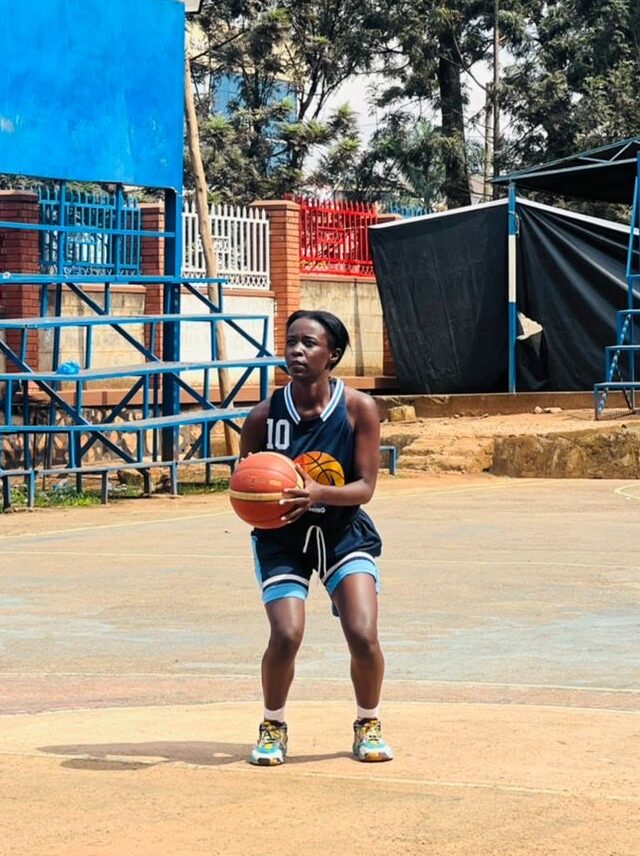
The truth about how little control we have hit harder earlier last week when I saw an old friend, Barbra Okumi, on a WhatsApp status seeking UGX3,000,000 ($843) to undergo an urgent eye surgery.
Nothing prepares you for this adulthood phase, where our bodies start to feel things we can’t explain and medical bills become part of our budgets. I met Barbra through basketball, and later we got to share office space at Qi Sports, where we shared a work desk. We would spend the day arguing about basketball and laughing about the latest “lugambo” (rumors) in sports circles. And when she was not being goofy, she would be on the phone reaching out to different athletes, especially in rugby and basketball, to pitch to them about being represented by Qi Sports. And as the sun set, we would rush to grab our bags with our boss, Ambrose, before heading to Nakasero Primary school for a pick-up game.
Today, Barbara is fighting to save her eyesight as she battles a chronic eye ulcer. Despite giving so much to the sport of basketball, she now has to seek financial help for something so basic, medical care – a painful reality of most athletes in Uganda. I kindly call out to each one of you to join me in supporting Barbara Okumu through donations.
Every time I seek donations, people tell me, “I don’t have much to give,” but I always remind them, “It’s not about how much you contribute but your heart.”
Kindly support Barbara. You can send your donations to Mwenyango Sherinah 0775000308. Big Foot Athletes will be running this campaign for two weeks.
Let’s save Barbara’s eyesight.
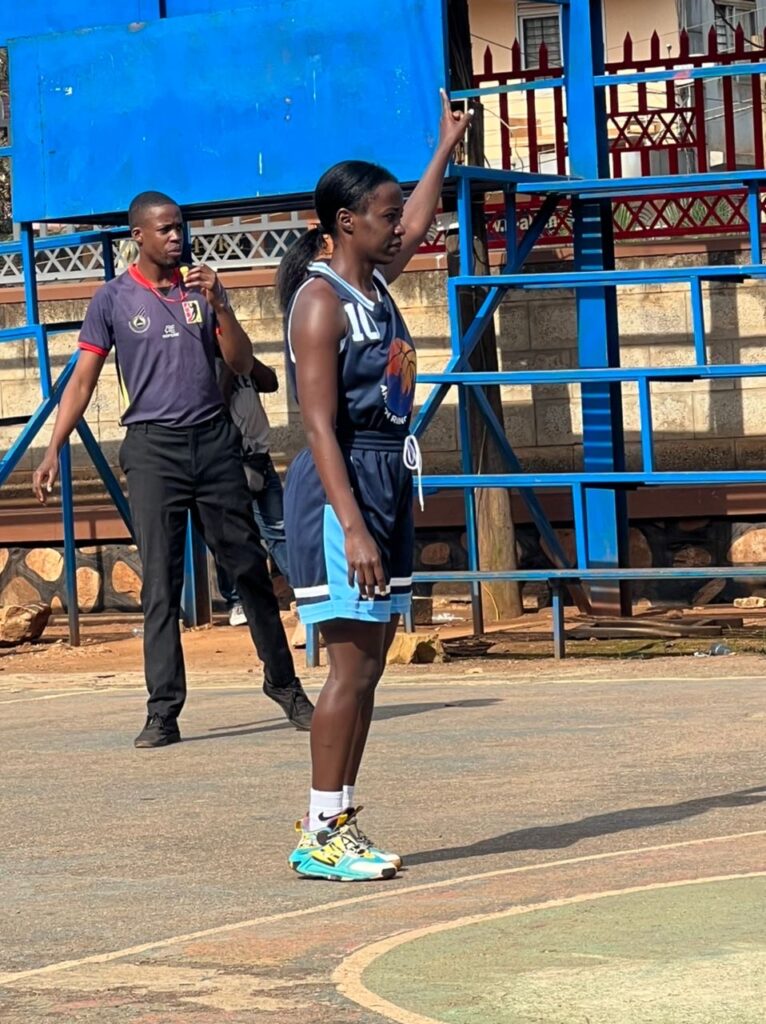
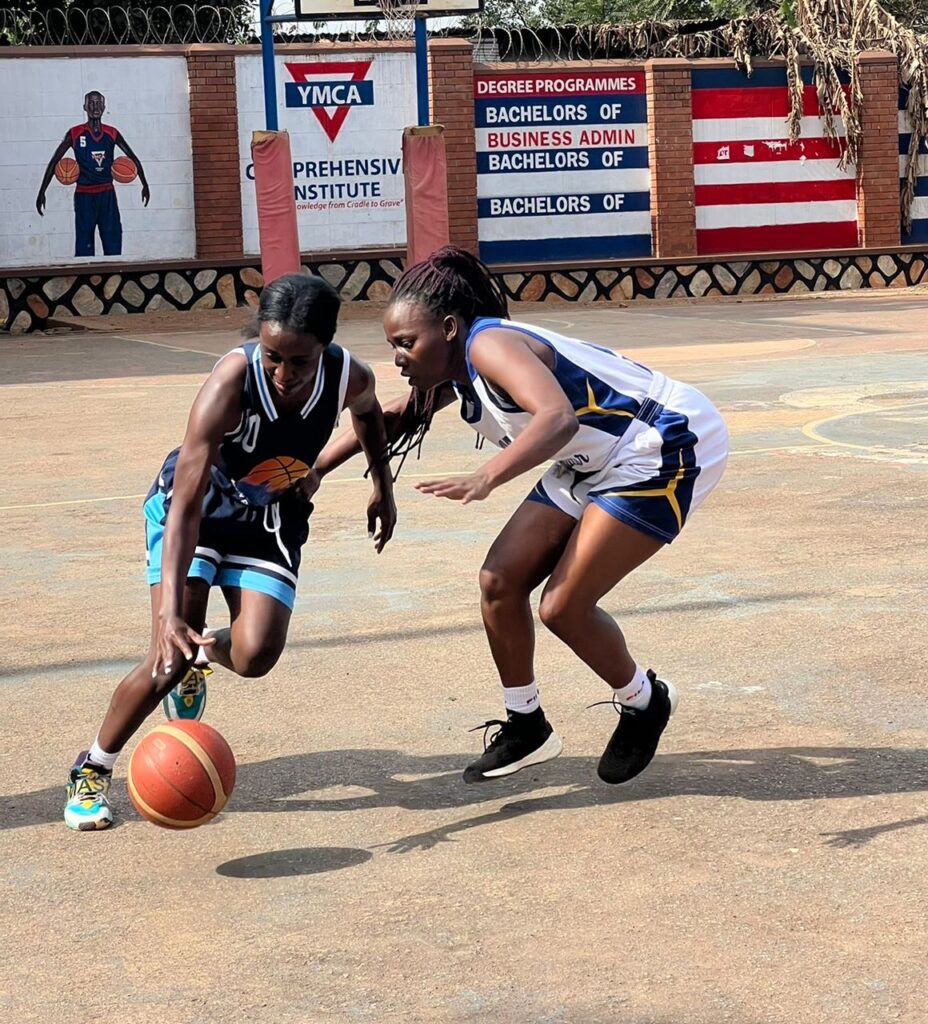
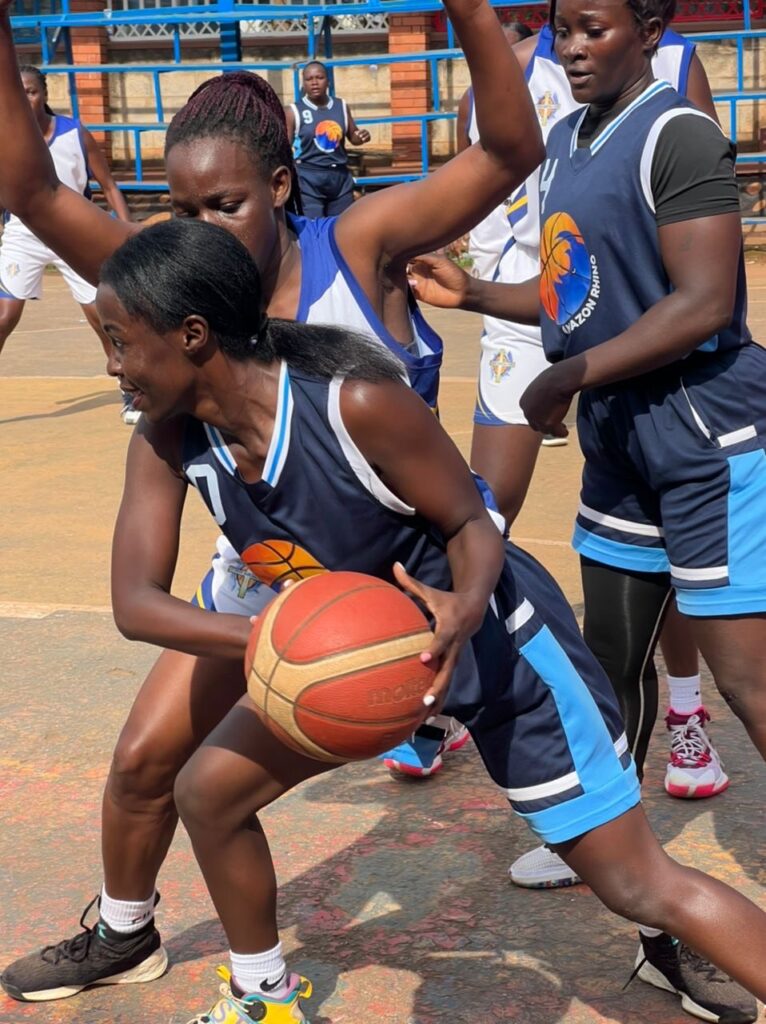
More Action pictures for Barbra before the eye cancer took away her sight

